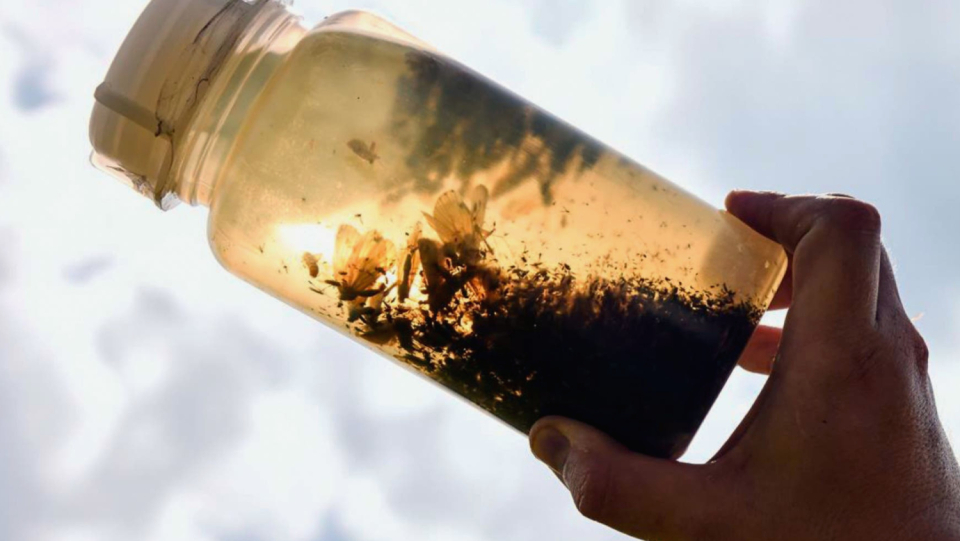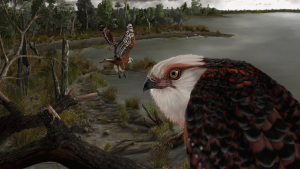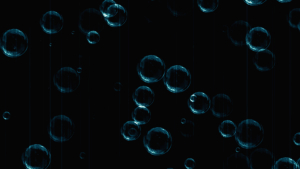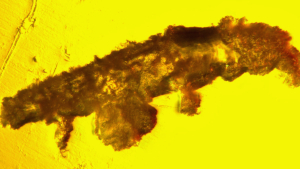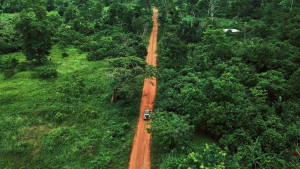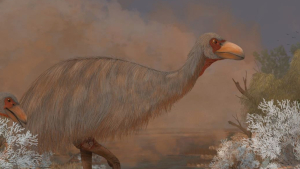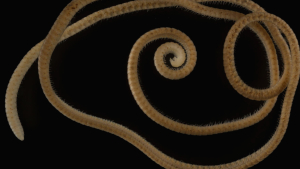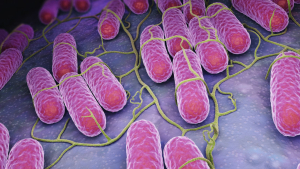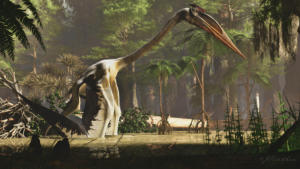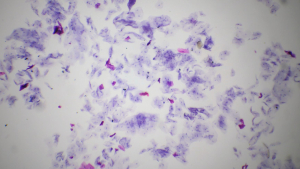Many nature reserves in Germany are small and often surrounded by agricultural land. What happens there also has an impact on the biotopes, for example because rain washes fertilizers or the wind drifts pesticides. The extent to which this is happening is shown by a study in "Scientific Reports" by independent biologists Thomas Hörren and Martin Sorg from the Entomological Association Krefeld with a team led by Gotthard Meinel from the Leibniz Institute for Ecological Spatial Development in Dresden. In 2017, the Krefeld association had already shed light on insect extinction with a study on the great insect decline in Germany.
With so-called Malaise traps, the biologists had caught insects in 21 protected areas in various parts of Germany and then examined the samples for pesticides. The analysis took place on 92 different active ingredients, including common fungi and insecticides in agriculture. The biotopes examined also included strictly protected ecosystems such as limestone or silica lean grass according to European guidelines. A wide variety of insects from hoverflies to butterflies to beetles were found in the Malaise traps-a wide range of species and ecological guilds.
On average, the working group in the insect samples showed 16 different pesticides in each protected area, in the maximum there were even 27 pesticides. This included various insecticides, which are supposed to kill a variety of insects over broad application and which can still affect the biological performance of the animals even in small concentrations, for example by affecting the orientation or reproductive ability of the notch animals. Herbicides and fungicides were also determined: plant poisons can decimate food plants of the insects or, as the fungicides, also indirectly damage the invertebrates. Even the neonicotinoid thiacloPloprid, which was now banned by the European Union, still appeared in 16 of the habitats, probably because remaining stocks were still used up.
"Far too little is known about the combination effects of whole cocktails of different pesticides and their degradation products on insects. As a rule, only individual active substances are tested in the approval tests," the scientists write in a statement. According to the study, the insects either ingest the pesticides directly on agricultural land within a radius of two kilometers. Or the pesticides are introduced into the biotopes by water and wind. They are usually directly exposed to the influences of the neighbouring agricultural areas, as there are no buffer zones or only very small ones between the two areas.
Most of the nature reserves in Germany are small, two thirds of the areas comprise less than 50 hectares, so that insects fly in and out with their often larger flight bike. In many protected areas, conventionally agricultural or forestry use is also often allowed. There are therefore two questions for listeners and cod: »What about the country here is a sufficiently qualified, interdisciplinary nature conservation research when such data are first uncovered in 2021? And why is biodiversity -promoting agriculture without pesticide use both within and on the direct edge in addition to the most valuable protective areas? "
Until the new Plant Protection Application Ordinance came into force in September 2021, only the use of very questionable agents was prohibited in protected areas. Since the amendment, certain herbicides and insecticides that are classified as dangerous to bees or pollinators may no longer be used here. Previous studies had detected pesticides mainly in soil and water. Thanks to their newly developed method, the scientists were able to directly check how heavily and with which pesticides the insects themselves are exposed.







